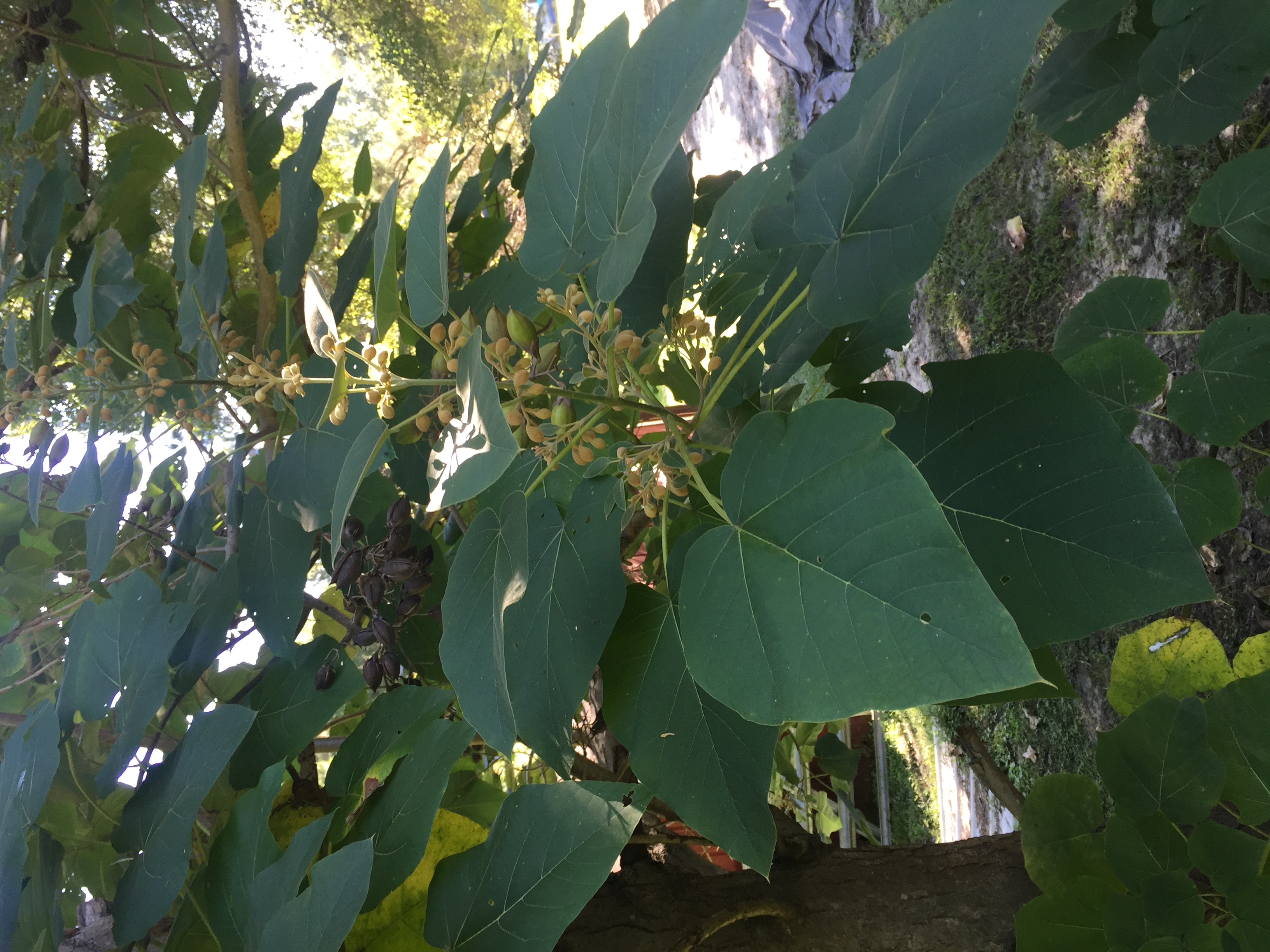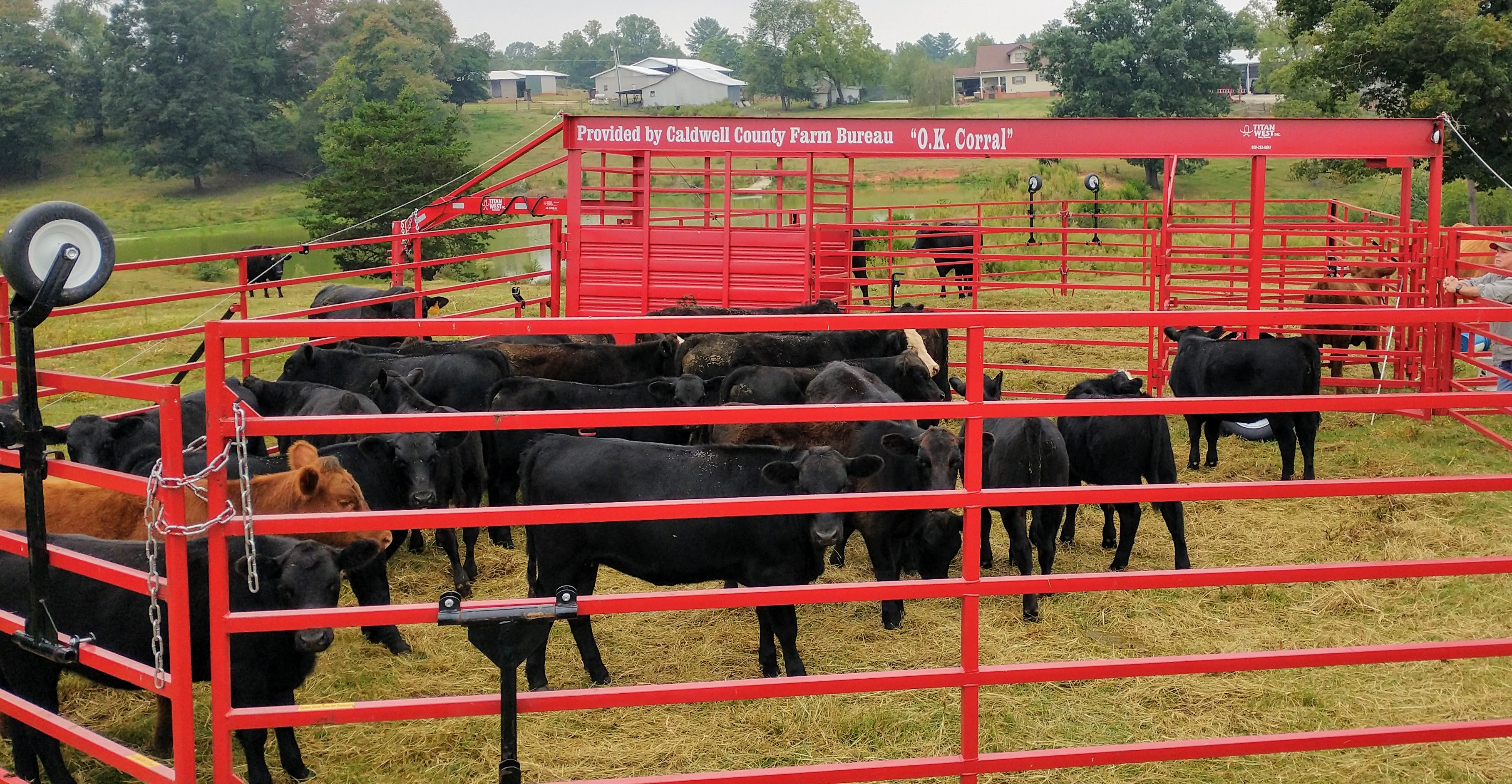Princess Tree ID and Portable “OK Corral” for Rent to Area Farmers
go.ncsu.edu/readext?830779
en Español / em Português
El inglés es el idioma de control de esta página. En la medida en que haya algún conflicto entre la traducción al inglés y la traducción, el inglés prevalece.
Al hacer clic en el enlace de traducción se activa un servicio de traducción gratuito para convertir la página al español. Al igual que con cualquier traducción por Internet, la conversión no es sensible al contexto y puede que no traduzca el texto en su significado original. NC State Extension no garantiza la exactitud del texto traducido. Por favor, tenga en cuenta que algunas aplicaciones y/o servicios pueden no funcionar como se espera cuando se traducen.
Português
Inglês é o idioma de controle desta página. Na medida que haja algum conflito entre o texto original em Inglês e a tradução, o Inglês prevalece.
Ao clicar no link de tradução, um serviço gratuito de tradução será ativado para converter a página para o Português. Como em qualquer tradução pela internet, a conversão não é sensivel ao contexto e pode não ocorrer a tradução para o significado orginal. O serviço de Extensão da Carolina do Norte (NC State Extension) não garante a exatidão do texto traduzido. Por favor, observe que algumas funções ou serviços podem não funcionar como esperado após a tradução.
English
English is the controlling language of this page. To the extent there is any conflict between the English text and the translation, English controls.
Clicking on the translation link activates a free translation service to convert the page to Spanish. As with any Internet translation, the conversion is not context-sensitive and may not translate the text to its original meaning. NC State Extension does not guarantee the accuracy of the translated text. Please note that some applications and/or services may not function as expected when translated.
Collapse ▲Several interesting questions came into the Caldwell Extension Center this week. I’d like to share three of them with you. I hope you find these questions and answers helpful.
Question: What is this tree?

Native to Eastern Asia, the princess tree is a deciduous fast growing tree in the Paulowniaceae family. The tree is named in honor of Russian Princess Anna Paulowna (1795-1865). (Credit: Dalton Dockery)
Answer: This is the princess tree or empress tree. It is a deciduous hardwood tree in the family Paulowniaceae that is native to central and western China. It was first introduced into the United States in the mid 1800s and has since escaped cultivation and naturalized in many areas of the eastern U.S. It is an extremely fast-growing tree. This tree is considered an exotic invasive species. Invasive species can take over and displace native species. This tree produces fragrant, funnel-shaped, pinkish-lavender flowers in the spring.
More information about this tree can be found on the NC State Plant Toolbox. This is an online tool that details thousands of plants. Caldwell County Master Gardeners have contributed to this online project. To learn more about the princess tree, visit https://plants.ces.ncsu.edu/plants/paulownia-tomentosa/
Question: Is there a portable corral for rent in the area?

Yearling cattle waiting in the corral to be loaded. (credit: Seth Nagy)
Answer: There is a portable corral that can be rented through my office, the Caldwell County Cooperative Extension Center. This portable corral was purchased by the Caldwell County Farm Bureau for local farmers to rent. A gooseneck hitch is needed to pull the corral.
This portable corral is called the “OK Corral”. It is made in Kansas. The basic design has been around for many years. Set-up takes about 15 minutes. The corral capacity is 80 cows, 50 cow/calf pairs, or 100 yearling calves. The corral panels are 69 inches high and are made of 1.5 inch 14 gauge steel.
The unit rents for $100 per week to Farm Bureau and NC Cattlemen’s Association members. (Annual membership for either organization is $25.)
Question: What can I do to prevent ladybugs from getting into my house?
Answer: As the weather gets cooler, lady beetles, stink bugs, and kudzu bugs will all be looking for a place to survive the winter. If you don’t want to share your house with these critters, then the emphasis should be on exclusion. I don’t recommend using a preventive spray as your first line of defense. Exclusion is the way to keep these insects out.
Exclusion means plugging holes that the bugs can use to enter your home or business. Use caulk to fill any gaps around windows, doors, etc. After sealing up cracks & crevices, you should see an added benefit – a reduction in your heating and cooling bill.
For answers to your agriculture questions, call the Caldwell County Extension Center at 828-757-1290 or visit us online anytime at //caldwell.ces.ncsu.edu.
— Seth Nagy is the Caldwell County Cooperative Extension director. The Caldwell County Cooperative Extension Center, 120 Hospital Ave. NE, #1 in Lenoir, provides access to resources of N.C. State University and N.C. A&T State University through educational programs and publications.




